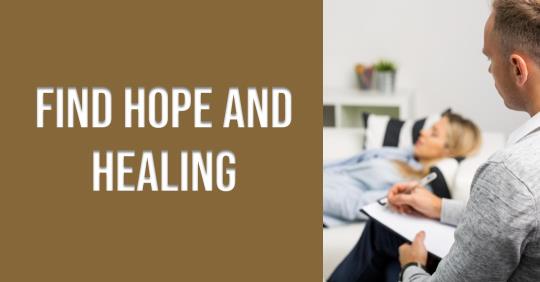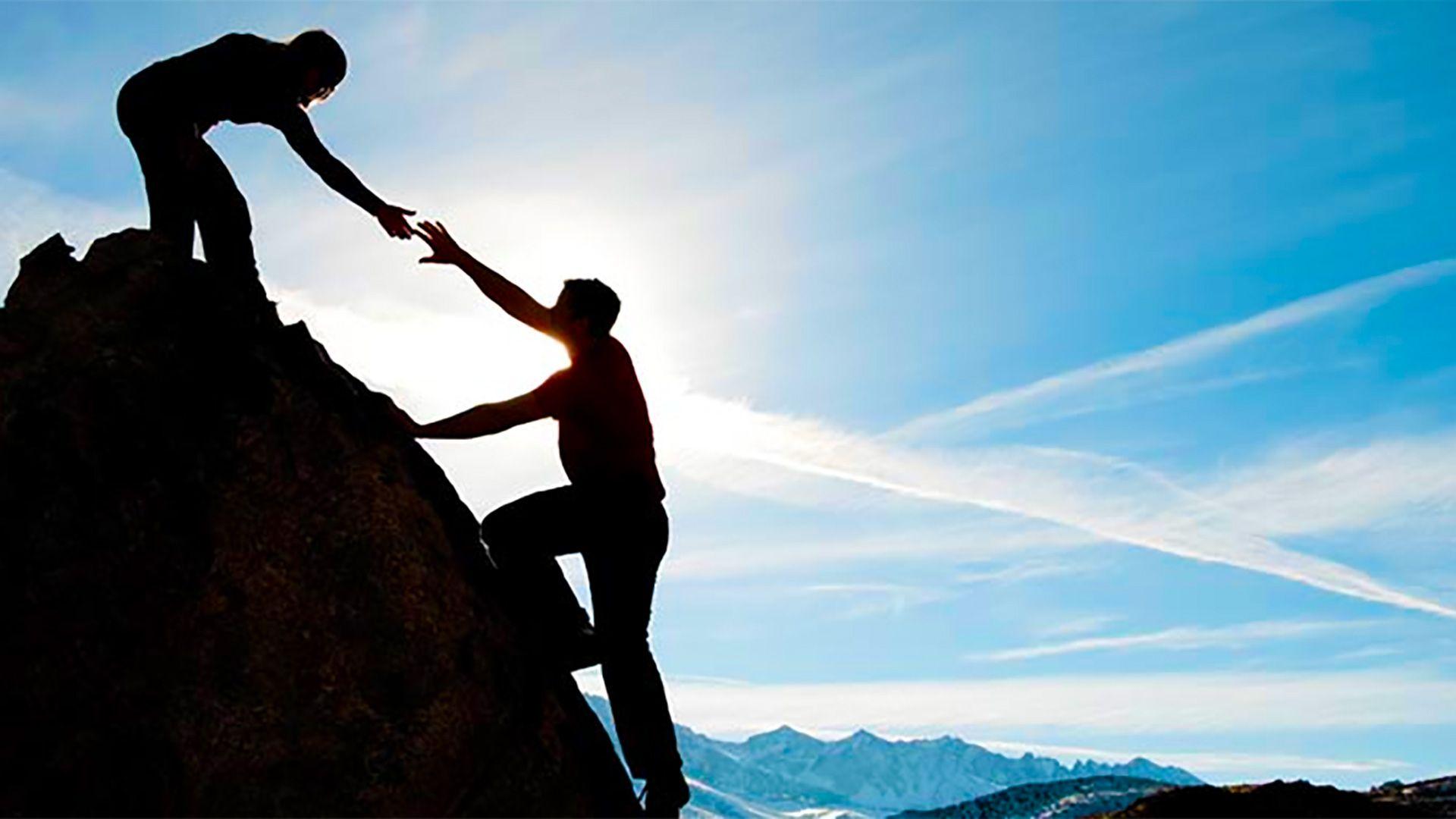Addiction is so widespread that very few people can say they haven’t experienced it in some way. In the digital age, addiction has spread far beyond drugs alcohol, and gambling to food, adult content, and video games. It quickly becomes devastating to the family members watching this happen but there are signs to watch for.
A great deal of research has been done in the field of addiction so we know that people follow certain patterns of behavior. Knowing and understanding those early patterns is crucial in getting help and breaking the cycle of addiction.
Early Addiction Stages And Signs
It’s easier to nip a problem in the bud than solve it when it’s blossomed into a much bigger issue. By recognizing the early stages of addiction, you can get the help you need before extensive damage has been done.
Experimentation
Whether an individual is suffering from drug or alcohol dependence or online gaming addiction, they’ll follow a similar pattern. Young people are particularly vulnerable to peer pressure because they’re still developing into adults.
At first, the substance abuse may be barely noticeable as the person begins to experiment with drugs or alcohol. The problem may go unnoticed by the individual and their loved ones.
Regular Use & Abuse
At some point, occasional use may become a regular part of life. As their dependence grows, they’ll seek to keep their chosen drug on hand so they can use it more frequently.
Dependency & Tolerance
Every time a person with an addiction uses, they slowly become physically and psychologically dependent on it. Addicts will increase their frequency of use or their dosages because, as they build tolerance, they need more to reach that same high.
Addiction
Eventually, they will reach the point where their body needs the substance to function, without it they will experience cravings and withdrawal symptoms. They start to reject people and activities in favor of drug use, and they spend increasing amounts of time getting or using the substance or recovering from its effects.
How To Help A Loved One With A Substance Use Disorder
Many people feel helpless when a loved one is experiencing addiction. Here are some things you can do to make a difference.
Be supportive
Your friend or family member needs support tempered with patience. Addictions take time to develop and overcome. Never give up: drug and alcohol dependence is treatable.
Focus on the positive
The person with the addiction is still someone you love. Remember all the good times and look forward to more.
Work as a team
There is strength in numbers, and working together with other loved ones can have powerful results. This helps the individual who is struggling AND the loved ones who are offering support.
Seek professional help
Doctors, clinics, and hospitals have strategies and resources to help in the short term. They can connect you with agencies like addiction treatment centers that can assist with long-term solutions. It’s essential to get outside assistance. Don’t try to do it alone.
Look into support groups
Support groups like Alcoholics Anonymous allow their members to learn from each other and recognize the impacts of their addiction. It also helps to interact with people who understand the challenges.
Avoid enabling the addiction
It’s easy for a well-meaning person to enable a loved one’s addictive behavior. We never want to see people struggle, but offering to pay someone’s bills or tolerating their aggressive behavior takes away their incentive to get better.
Where to Go
Thanks to all research being done on all forms of addiction, including on drug and alcohol dependence, there are places to go for help.
Every person with a substance use disorder needs an individualized treatment plan. They will get this at Aspen Behavioral Group, where we recognize that no two cases are the same. We follow a holistic approach that takes into account each individual’s physical, mental, emotional, and spiritual needs.
Addiction ruins lives and kills people, but it’s treatable. The first step should be taken right away when your loved one is still in the early stages of addiction. Contact the compassionate professionals at Aspen Behavioral Group to find out how you can help and where you should go.



